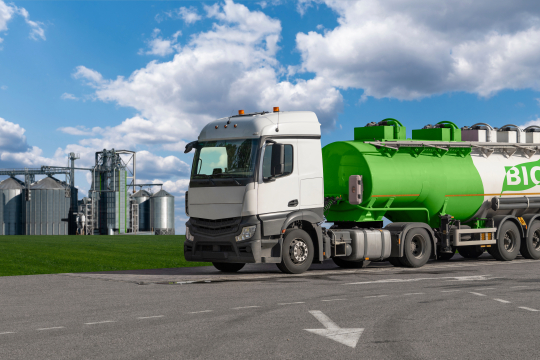Policy expectations from biofuels have been a widely contested issue. Lately, the risks and uncertainties associated with the unintended consequences of biofuels in terms of food and land-use changes have issued serious concerns for scaling biofuels in developing countries. The current policy question revolves around whether the trade-offs between food and fuel are less harmful or unwarranted for developing countries and which aspects are likely to be critical in determining future biofuel endorsements in developing countries. This study attempts to find answers to these queries by drawing out selected impact assessment literature. We discuss the evidence with nine identified rationale that explains the impacts of food and land use in developing countries. Findings of the review suggest that positive agriculture supply response, productivity growth, size of agriculture export market, and magnitude of price transmission majorly determine the food and land use impacts. The study identifies that the future expansion of biofuels in developing countries will depend upon five crucial aspects, i.e., the interplay between biofuel-induced food prices and food security, potential land availability, guaranteed feedstock supply sources, trade, and policy environment. In the long run, land availability will be a natural constraint determining the supply response of the agriculture sector towards increased biofuel demand. The policy environment will play a more critical role in balancing the food-fuel trade-offs, as the right food, land-use, and biofuel policy are not exclusive but coexist.
Is biofuel expansion in developing countries reasonable? A review of empirical evidence of food and land use impacts
EfD Authors
Country
Publication reference
Das, P., & Gundimeda, H. (2022). Is biofuel expansion in developing countries reasonable? A review of empirical evidence of food and land use impacts. Journal of Cleaner Production, 372, 133501. https://doi.org/10.1016/j.jclepro.2022.133501

